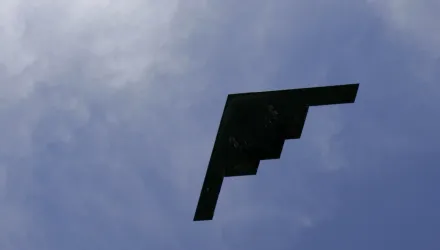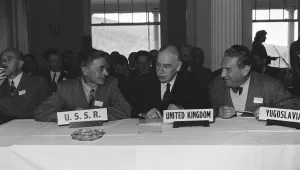International Security is America's leading peer-reviewed journal of security affairs.
Abstract
The shift in Indian positions on missile defense in the context of the growing transformation of U.S.-Indian relations since the end of the Cold War, and particularly since the advent of the George W. Bush administration, has been remarkable. New Delhi’s traditional opposition to strategic defenses gave way to its current consideration of missile defense for a variety of reasons. These included structural factors related to the dissolution of U.S.-Indian antagonism associated with the bipolar configuration of the Cold War; the growing recognition in Washington and New Delhi of the threat posed by weapons of mass destruction and their associated delivery systems in the hands of hostile states intent on nuclear coercion; and the Indian and American desire to forge a new partnership grounded in democratic values but ultimately oriented toward promoting geopolitical equilibrium in Asia in the face of rising challengers such as China and problem states such as Pakistan. All of these factors combined to produce a dramatic new acceptance of strategic defenses as conducive to stability on the part of New Delhi. What is fascinating about this evolution is the manner in which missile defenses have come to reflect both an example of, and a means toward, the steady improvement in U.S.-Indian ties occurring in recent years. This, in turn, implies that a deepening bilateral relationship has become part of New Delhi’s larger solution to increasing India’s capacity to defeat those threats requiring active defenses in the future.
Tellis, Ashley. “The Evolution of U.S.-Indian Ties: Missile Defense in an Emerging Strategic Relationship.” Spring 2006
The full text of this publication is available in the link below.



